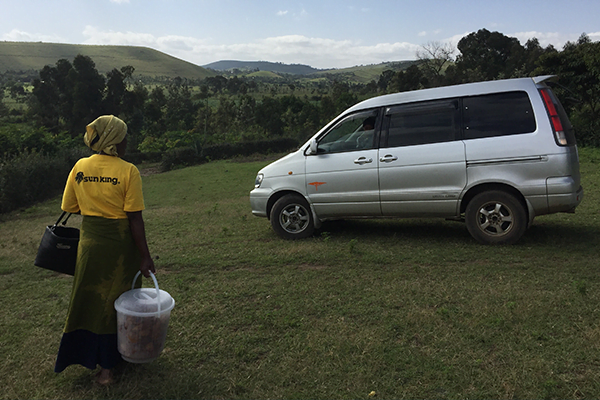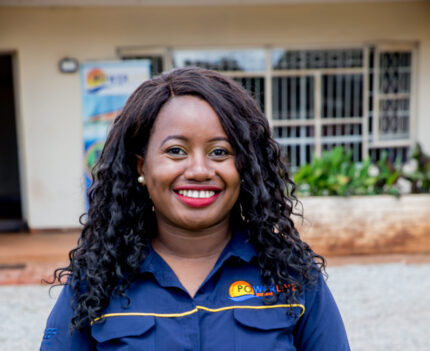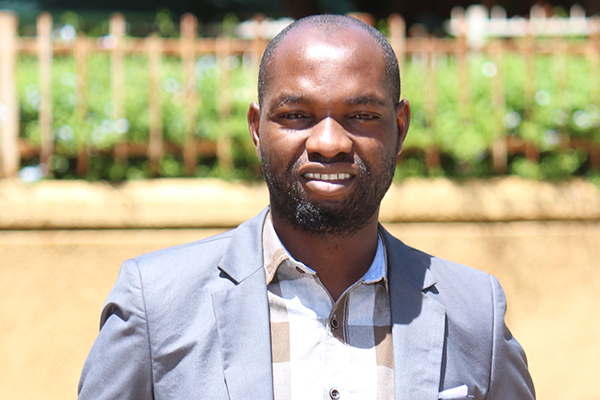Global Cycle Solutions Aiming to Reach 55,000 Households by End of 2017
Global Cycle Solutions (GCS) has vividly demonstrated during their EEP project how the early challenges of developing a business can be overcome successfully. GCS was awarded EEP project funding in 2015 with the aim to create a sales network for energy products targeted to last mile of customers in rural Tanzania. The plan was to expand geographically across Tanzania. The start was not easy but by June 2017 GCS had turned a corner and reached 25,000 households with a goal of reaching additional 30,000 by the end of the year while creating much needed jobs in rural Tanzania with their local solar entrepreneur model.

Increasing Capacity and Operational Efficiency
The early phase of GCS’s EEP project was not without difficulties. Many successful companies start with a new, innovative idea but have limited focus and resources to build the supporting structures including financial administration. In the beginning, GCS struggled to get their financial team organized and their administrative processes in place to comply with the EEP reporting procedures, which affected their operations and delayed their scaling plan.
EEP supported GCS in the early stages and as a result GCS was able to strengthen their capacity in financial management. The increased capacity and competence on the financial team enabled a more concentrated focus on business development and revenue growth while ensuring the documentation needed for EEP to unlock the next tranches of funding. This in turn led to improved sales figures and eventually improved results in numbers of households reached with access to clean energy.
Similar experiences in the EEP portfolio are bountiful: At a certain point the owner and/or the entrepreneur needs to grow its management team to ensure adequate time and focus on business development.
Meeting the Challenge with the Last Mile Distribution Model
The GCS distribution model has been built on a network of locally based entrepreneurs who offer pay-as-you-go (PAYG) solutions to their communities. The local entrepreneurs, who are trained in product technology and sales, are trusted in their communities and therefore have a better access to the customer base, strengthening the customer relationship while also providing superior after-sales service. GCS has invested significantly in different training and capacity building activities to support their sales network.
Gender balance has played a big role in GCS’ success. GCS has recruited women as microentrepreneurs as well as in managerial positions. Based on GCS’s experience, female sales agents achieve bigger sales results, on average higher than the male agents. GCS has observed that their bestselling female sales agents approach customers not as salespeople but rather as passionate users of the products, with personal experience from the benefits and impact of clean cookstoves and solar systems.
Rapid Growth and Market Expansion
In 2017, only two years after the launch of the project GCS business model is yielding fruit. GCS has in a short time period been able to expand their network and distribution channels from Arusha and Lake Victoria region to 11 new locations throughout Tanzania and since they closed their EEP project, they have grown to 26 offices and 4 zonal warehouses across the country, reaching a growing number of people without access to energy. GCS currently employs 93 full time staff and supports over 300 active sales agents, and their contributions to job creation are bound to increase together with their growth.
Marketing for the clean energy transition
Profile of Precious Vuma, Business Development and Marketing Manager at Powerlive ...
Using innovation to provide access to clean energy
Profile of Felix Boldt, Founder and CEO of Solarworx - Zambia...
Building a Start-up at the Nexus of Energy and Food
Profile of Admore Chiumia, Founder of Green Impact Technologies - Malawi...





